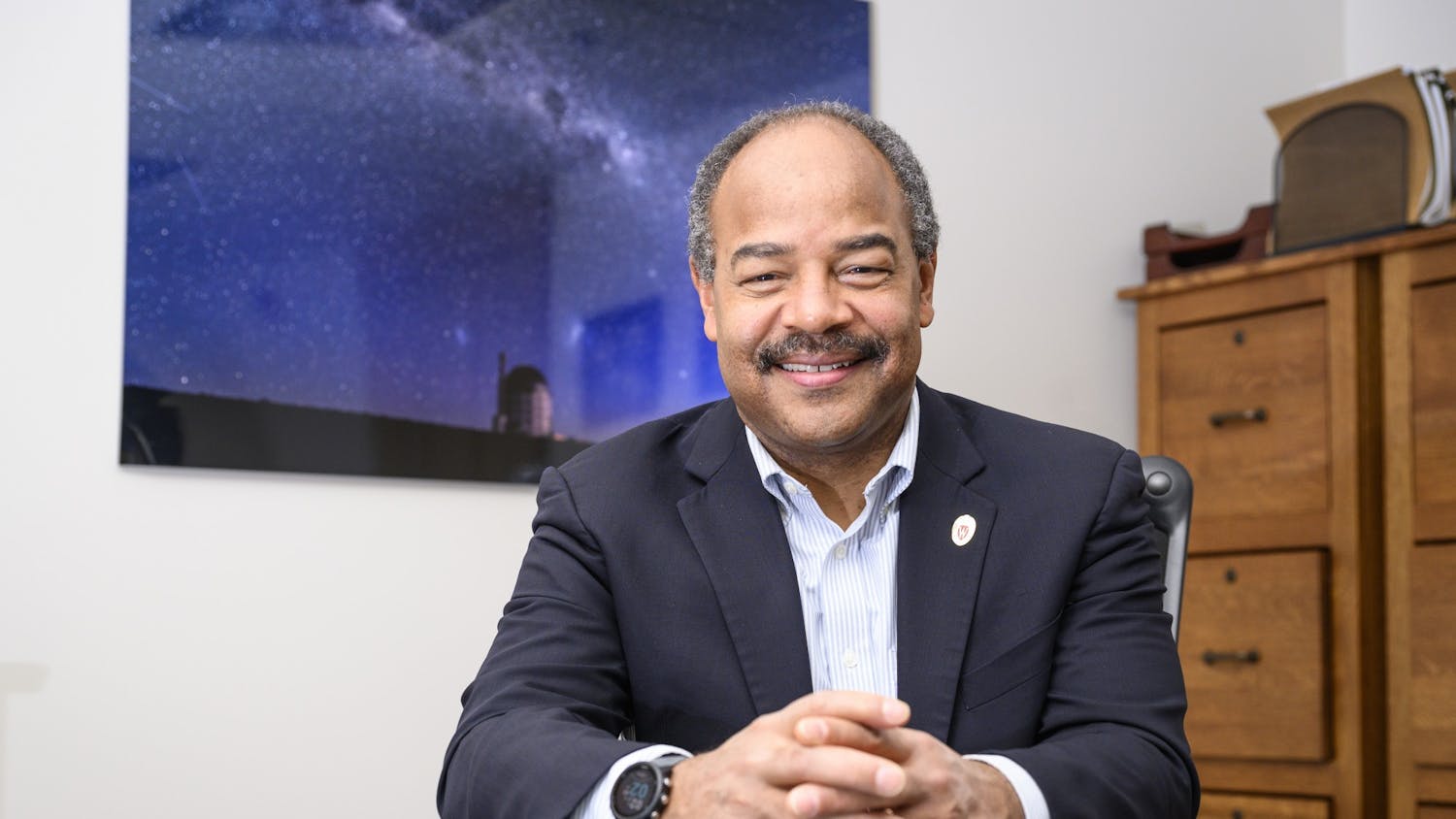The Madison City Council voted Tuesday to ban the use of facial recognition technology with exemptions for the Madison Police Department after a divisive debate over the controversial tool.
In a 17-2 vote, the council passed an ordinance that prohibits city agencies, departments and divisions from using the technology or “information derived from a face surveillance system,” the Wisconsin State Journal reported.
“We want people in Madison to feel safe and to know that there are no city resources, there are no city cameras, there are no city technologies in any agency that is going to take their image and add it to one of these mass databases,” Ald. Rebecca Kemble, District 18, said.
Alds. Max Prestigiacomo, District 8; Tag Evers, District 13; Mike Verveer, District 4; Grant Foster, District 15; Patrick Heck, District 2; and Kemble all sponsored the ordinance.
Those who support the ban pointed to research indicating that facial recognition software has trouble identifying children, the elderly and people of color which can lead to mistaken identities. Others accused the technology of intruding on citizen’s privacy and acting as a form of government overreach.
Proponents of facial recognition software say the technology helps catch suspects accused of committing serious crimes and identifying victims while serving as a more reliable source of information than eye-witness accounts.
Exemptions in the bill include the use of facial surveillance technology to identify and/or locate individuals who are victims of human trafficking, child sexual exploitation and missing children.
The ordinance intends to impose a moratorium on all uses of facial recognition software, but it allows the Madison Police Department to maintain its pre-existing capabilities with the technology and for the department’s Special Victims Unit to continue its work. MPD works with external facial recognition companies to investigate human trafficking and internet crimes against children, according to The Cap Times.
Acting Chief Vic Wahl said the Special Victim’s Unit had removed 12 juveniles from human trafficking this year alone because of the facial recognition technology. Wahl also said preventing MPD from using the technology would hinder the department’s ability to effectively investigate human trafficking violations.
“It’s very important that we’re able to continue doing what we’re doing, so that we’re working to protect child victims and locate them, rescue them, to locate child pornography,” Wahl said. “In the future, it would be nice to have the capacity if we have a significant crime with a significant risk to public safety, that we have the capacity to reach out to external partners and see if we can use this technology.”
However, other members of the Madison community expressed concerns that the technology would exacerbate racial disparities regarding crime and negatively impact the experiences of people of color.
“Facial recognition technology in the hands of the police has not been helpful for civilians at large but rather for the perpetuation of violence on Black and Brown bodies,” said Ananda Deacon, a representative for the ACLU Student Alliance at UW-Madison.
In a separate proposal, Ald. Zachary Henak, District 10, advocated to expand the use of the technology to identify deceased individuals, investigate missing adults or identify suspects in serious felony cases that threaten public safety.
“There [are] absolutely limitations that need to be put on this technology,” Henak said. “But I don’t think a ban on all other uses is the right way to go.”
The resolution failed following a 5-14 vote, with Alds. Sheri Carter, District 14, Barbara Harrington-McKinney, District 1, Paul Skidmore, District 9, Michael Tierney, District 16, and Henak supporting the legislation.
The new law also includes smaller exceptions for city agencies and employees such as using facial recognition technology to unlock their cell phones or social media software to communicate directly with the public.






